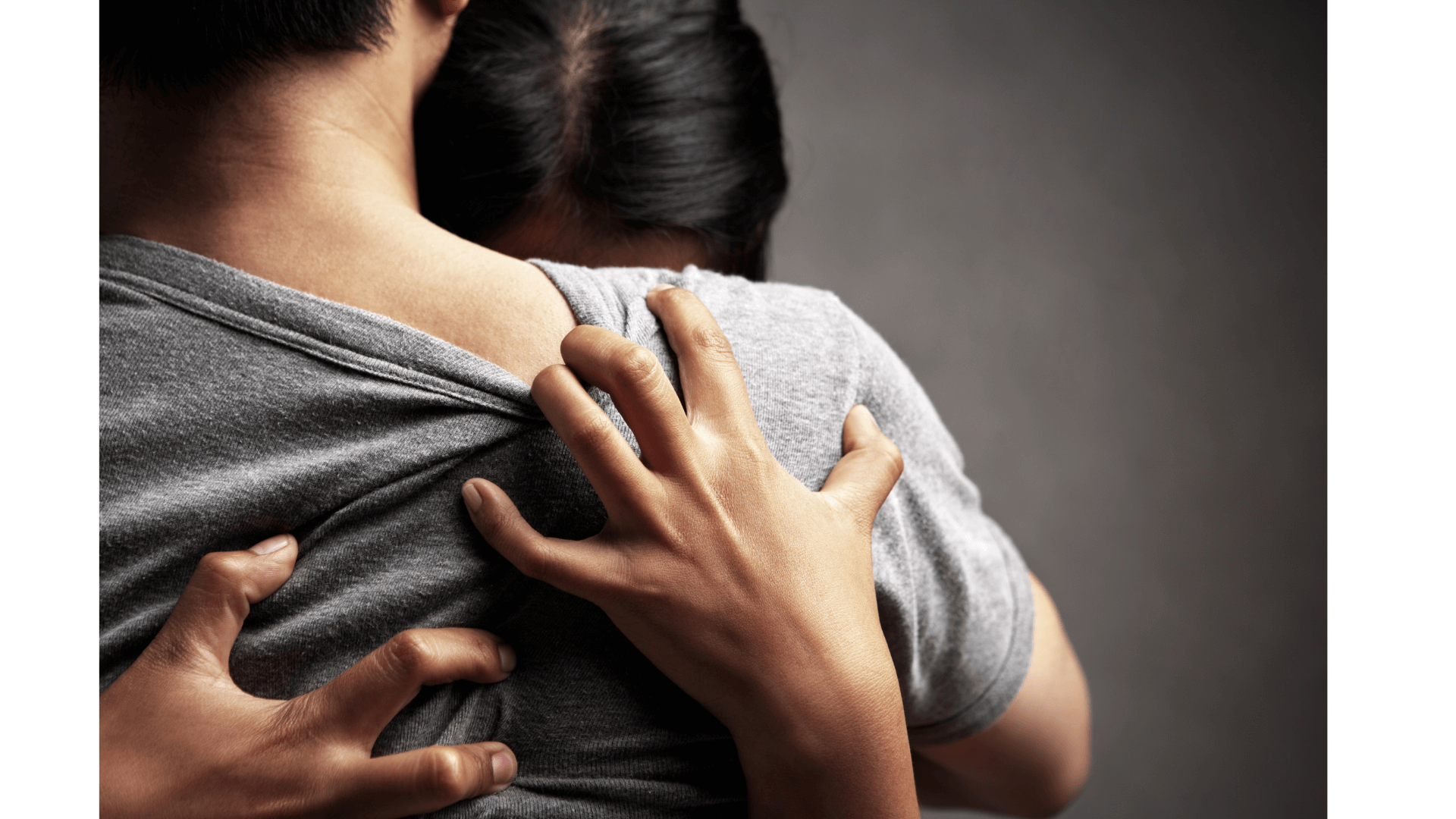Here’s an organization you don’t want to be a part of – the Dead Parents Society.
The name tells it all. It’s reserved for those who’ve lost one or both of their parents.
I suppose when you’ve lost both your parents, then you are technically an orphan. If that’s a proper definition, then I’ve been orphaned since 2002, when Mama died. Daddy died some years earlier. I was 46, but for some reason we think orphans are children. Maybe you can’t be an orphan past the age of 18, or 21. That seems arbitrary, but I didn’t make those rules.
When Mama was in the final stages of cancer, and we’d enlisted the services of hospice (which was a true holy godsend), I started the grieving process. When Mama actually died, I’d done most of my grieving in advance, so her actual passing was peaceful.
Like a combat veteran, I realized quickly that only those who’d been through the same experience could truly empathize. That’s not to say others weren’t appreciated – I heard plenty of sincere expressions of sympathy, and the condolences, cards, and the food (of course!) were more than welcome.
What was odd is that I found leaning into the grief was more helpful than ignoring it or tucking it away. It sounds morbid to talk about embracing pain, but that may be part of the healing process (more on that in a bit.)
There is that component, too, of people not knowing what to say to you as a newly-minted member of the Dead Parents Society. It’s like they mean well, because they do, but they’re afraid of making you hurt more than you already do. “I’m sorry about your loss,” people say, and they genuinely are. That’s a pretty safe statement. The companion question – “How are you?” – is much tougher to wrestle.
The impulse may be to simply say, “I’m fine,” which is totally bogus, because you aren’t fine. You say it anyway, because it lets the questioner off the hook. If, however, you shared how you really feel, you’d come across as being dark and unhealthy. The compromise statement might be, “I reckon I’m doing as well as could be expected,” which just reinforces the idea of loss and pain, even with other people who care.
Grieving is a solo activity. What you come to understand is that you can grieve appropriately and after a period get on with living. People lose loved ones all the time. Most make peace with their hearts; others don’t. What has happened is a rip in the fabric of life. Even as a believer, there is a horrific separation. We as humans want resolution, but there are some wounds that time does not heal.

So why all this talk about the Dead Parents Society?
I can broaden this conversation to apply to the loss of other loved ones – a spouse, a sibling, or most grievous, a child. Heck, I’ll extend this to the loss of a beloved pet.
Going for broke – how about the loss of a job, a friend, a dream? They are all painfully similar. Others may see your loss as a matter of degree. They may say “I’m sorry,” but in their minds they’re saying, “No big deal. Get over it.”
Loss is loss, and grief is grief, and don’t let anyone script that for you. It’s yours to carry.
I wish there was some way I could fix this for you and me and the rest of us. Fact is, when you’re orphaned because of a loss of something, anything meaningful to you, there is a loneliness that only you can experience.
As a believer, I’m tempted to talk about God, who has promised to never leave or forsake you. This is, of course, true. He is ever-present. He does heal. But for some reason, He didn’t design us to be carefree and just ignore the loss we experience. His presence is tangible. That is comfort, indeed, and it causes us to turn to Him.
And yet – dang, it hurts.
We are fearfully and wonderfully made, this is true. Part of our makeup is the capacity to mourn. What are we to learn in that valley of death?
Again, I’m going broad here. You don’t have to be part of the Dead Parents Society to find reason to mourn, even if you haven’t been touched by physical death.
Point is – there is nothing wrong with grief. It is a part of our human experience. Unless you’re a psychopath, at times you will grieve.

So. Lament. Lament loudly and cry out. I give you permission. The hurt we experience now will prepare us for joy in the future. Your wounds are a foundation to your calling.
I know that sounds pat. When some friends of ours lost their son in a horrific accident, I asked – rightly or wrongly – how I could pray for them. The dad’s answer? “Pray that I don’t waste this.”
Read what you will into this statement. I’ve thought about it often. My conclusion is that every life event, even those that involve unspeakable loss, are moments to grapple with what I believe about God, what I am to learn, and how I can, in turn, be an encouragement to others. My lessons aren’t your lessons, nor my experiences your experience. God has custom designed you, and handcrafted the events that you experience.
Yes, you will mourn. You will lament. But your loss doesn’t have to define your life. Those wounds prepare you to experience more joy.
Talk later.
There is a recently published book, Redeeming Heartache, by Dan Allender and Cathy Loerzel, that provided the seed for some of my thoughts. I highly recommend it.

